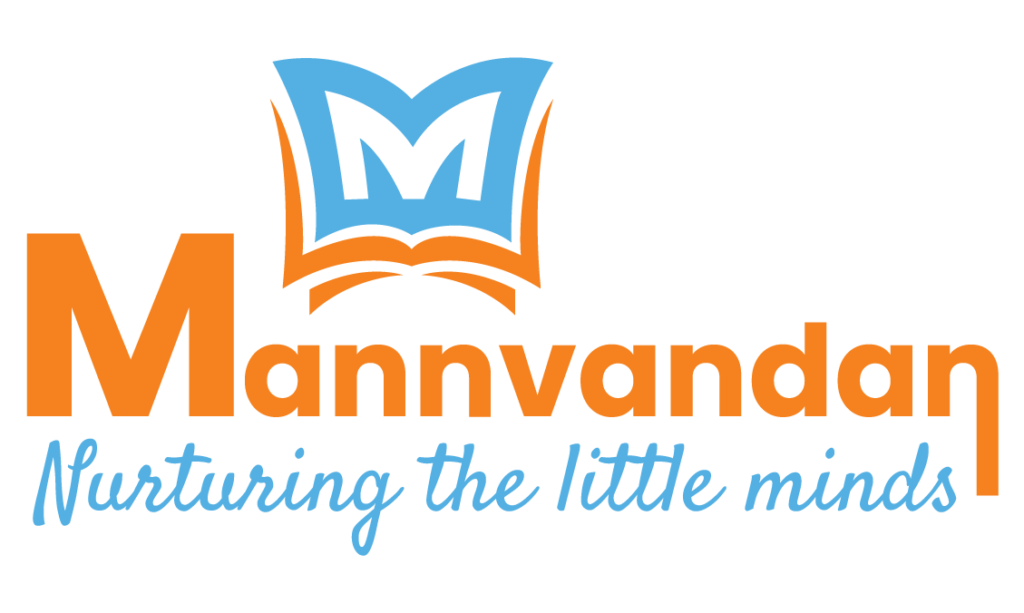Mannvandan Kids Play School

Mannvandan Kids Play School adheres to international standards and typically incorporates features designed to provide a well-rounded and developmentally appropriate learning environment. Here are some common features:
- Child-Centered Approach: The curriculum and activities are designed to be child-centered, focusing on the needs, interests, and developmental stages of each child.
- International Curriculum: Many international play schools follow recognized international curricula, such as the International Baccalaureate (IB) Primary Years Programme, Montessori, or the Early Years Foundation Stage (EYFS).
- Multilingual Environment: Exposure to multiple languages is often encouraged to foster linguistic development and cultural awareness.
- Qualified and Trained Staff: Teachers and caregivers should have specialized training in early childhood education and a deep understanding of child development.
- Safe and Stimulating Facilities: The physical environment should be safe, well-maintained, and equipped with age-appropriate toys, learning materials, and play areas that stimulate various aspects of a child’s development.
- Holistic Development: The curriculum should address cognitive, social, emotional, and physical development through a balance of structured learning activities and play.
- Inclusive Education: Play schools should be inclusive, promoting diversity and accommodating the needs of children with different abilities, backgrounds, and learning styles.
- Parental Involvement: Opportunities for parents to be involved in their child’s education through regular communication, parent-teacher meetings, and participation in school events.
- Cultural Sensitivity: International play schools often celebrate cultural diversity, incorporating activities and events that expose children to different cultures and traditions.
- Health and Safety Measures: Stringent health and safety protocols, including secure premises, well-trained staff, and adherence to hygiene standards, are crucial for the well-being of children.
- Technology Integration: Responsible use of technology, such as interactive educational tools and age-appropriate digital resources, may be incorporated to enhance learning experiences.
- Outdoor and Physical Activities: Play schools should provide ample opportunities for outdoor play and physical activities, recognizing the importance of physical development in early childhood.
- Assessment and Progress Tracking: Periodic assessments and progress tracking to monitor each child’s development and provide feedback to parents.
- Extracurricular Activities: A variety of extracurricular activities, such as music, arts, and sports, to complement the academic curriculum and encourage the development of various skills.
- Professional Development: Ongoing professional development opportunities for staff to stay updated on the latest research and best practices in early childhood education.
